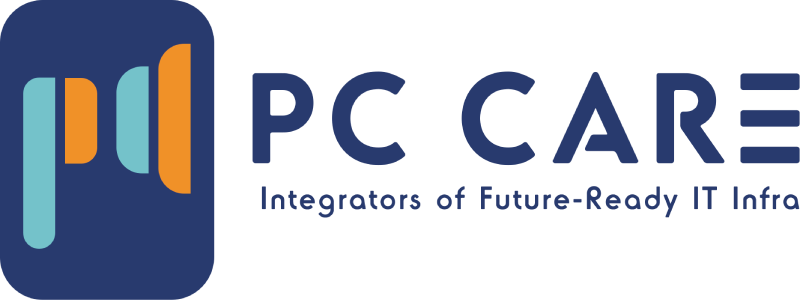Call Us
+91-83449 94449

Managed Cloud Infrastructure
Managed cloud infrastructure services provide businesses with a strategic approach to leveraging cloud technology while offloading the operational burdens associated with managing complex cloud environments. These solutions offer a range of benefits, from enhanced agility and scalability to improved security and cost optimization.
Key features of managed cloud infrastructure services include:
- Expert Management: Managed service providers (MSPs) offer expertise in managing cloud infrastructure, including setup, configuration, optimization, and ongoing maintenance. This allows businesses to focus on their core objectives while leaving the technical intricacies to experienced professionals.
- 24/7 Monitoring and Support: Managed cloud services include round-the-clock monitoring and support to ensure the availability, performance, and security of cloud resources. Proactive monitoring helps identify and mitigate potential issues before they impact operations, minimizing downtime and disruption.
- Scalability and Flexibility: Managed cloud infrastructure solutions are designed to scale with business requirements, allowing organizations to easily adjust resources based on fluctuating demand. This flexibility ensures optimal performance and cost-efficiency without the need for significant upfront investments in infrastructure.
- Security and Compliance: MSPs implement robust security measures and adhere to industry best practices to protect sensitive data and ensure regulatory compliance. This includes threat detection, encryption, access control, and regular security audits to mitigate risks and safeguard against cyber threats.
- Cost Optimization: Managed cloud services help optimize costs by providing transparent pricing models, resource optimization, and proactive cost management strategies. By leveraging economies of scale and efficient resource utilization, businesses can achieve significant cost savings compared to traditional on-premises infrastructure.
- Disaster Recovery and Business Continuity: Managed cloud infrastructure solutions include built-in disaster recovery and business continuity capabilities to ensure data resilience and minimize the impact of unforeseen events. This includes automated backups, failover mechanisms, and disaster recovery planning to maintain business operations in the event of disruptions.










